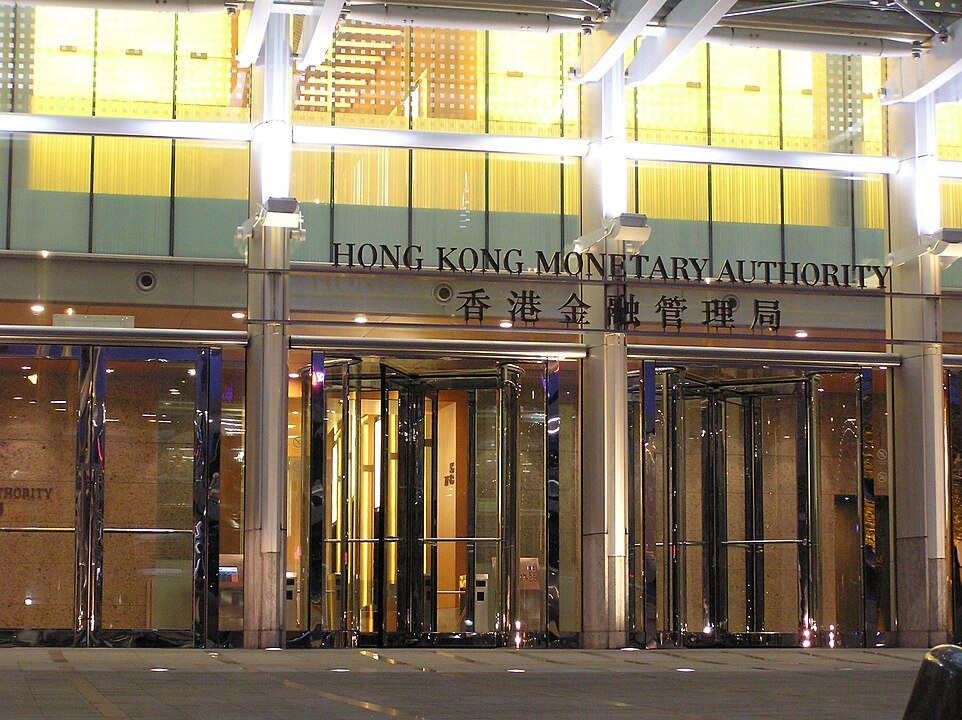DAEGU, South Korea, Sept. 11, 2025 /PRNewswire/ — From September 10–12, the 13th Korea International Livestock Exhibition (KISTOCK) was held at Daegu EXCO. Shuying Technology made a standout appearance with its intelligent feeding system, marking the first large-scale overseas implementation of China’s “AI + livestock” technology. This signifies a new phase where China’s livestock technology is shifting from importing expertise to exporting innovation.

As a leading global provider of intelligent pig farming solutions, Shuying showcased a smart feeding suite—comprising a precision feeder, residual feed detector, and intelligent drinking machine—designed to address key challenges in Korean livestock farming: high population density, limited resources, strict environmental policies, and rising labor costs. Its flagship product, the FPF precision feeder, uses an AI nutrition model trained on data from 200,000 sows, controlling feeding error within ≤1% and significantly reducing waste—a tailored “China solution” for Korea’s high-cost market.
In February 2025, Shuying partnered with Yangxiang Group and the South Chungcheong Provincial Government to sign a tripartite agreement promoting smart farming park construction in Korea. This government-level cooperation underscores Shuying’s recognition in high-end international markets.
During the exhibition, Shuying signed smart feeding project agreements with major Korean pig farms such as PigWorld and SINHEUNG farm, expanding its presence in regions like South Chungcheong and North Jeolla. These deals further solidify the company’s strategic footprint in Korea.
The partnerships reflect strong Korean market acceptance of Chinese AI feeding technology. Early adopter Kim Hak-hyeon of Rose Farm shared his experience: “The FPF feeder helped us cut feed waste by 74.2% and greatly improved efficiency.”
Beyond standalone tech exports, Shuying’s FPF Future Pig Farm solution integrates five modules—disease control, decision-making, nutrition, environmental control, and breeding—achieving over 85% smart coverage in multi-story farms. Its space-saving design and doubled labor efficiency are ideally suited to Korea’s land and farming conditions.
CEO Shi Guangxiao stated, “We’re witnessing a historic shift: Chinese smart livestock technology has moved from following, to keeping pace, to leading. Over past decades, China learned from advanced livestock nations like Korea. Today, we’re redefining smart farming with AI to empower global markets.”
To date, Shuying’s FPF system serves over 100 enterprises worldwide with more than 250,000 connected devices. Its launch in Korea is not only an debut achievement for Chinese smart livestock innovation but also a major milestone in the global value export of “AI + agriculture” from China.
Chairman Zhang Yan expressed, “I hope Shuying becomes a symbol of Chinese agricultural tech innovation, spreading homegrown solutions worldwide. We aim to contribute China’s strength to global food security and sustainable development.” Chinese technology, shared with the world.






